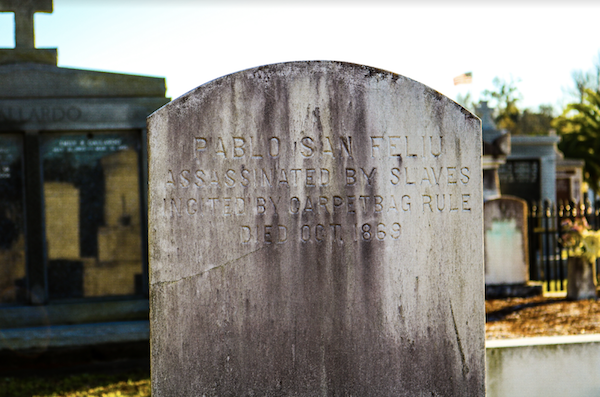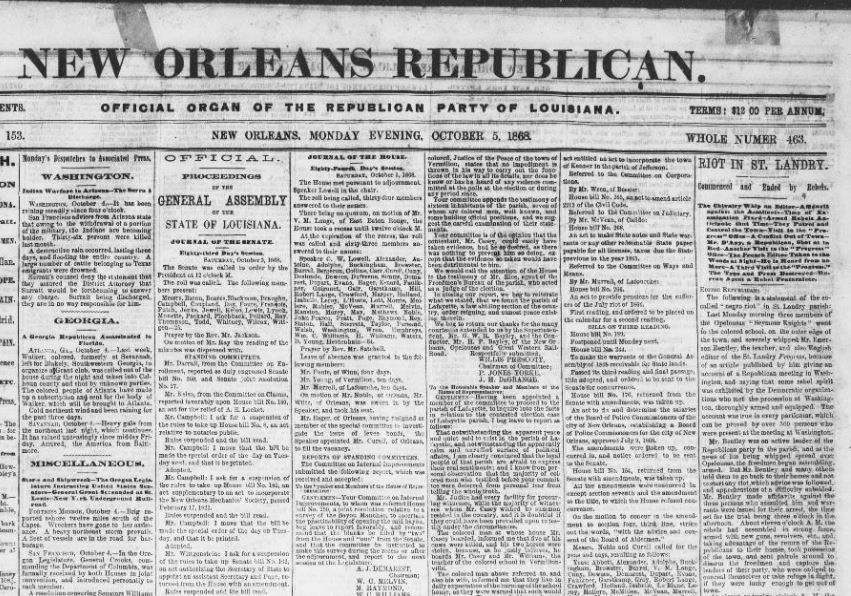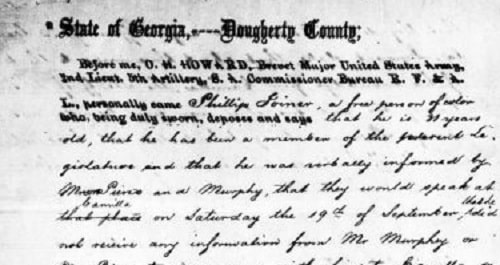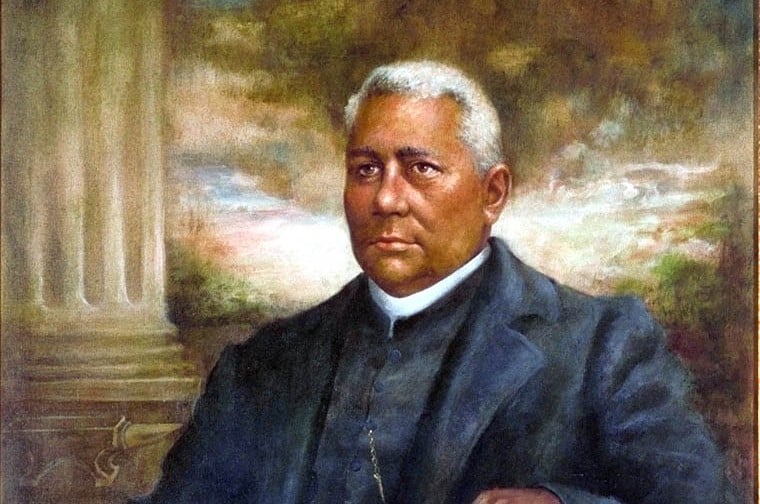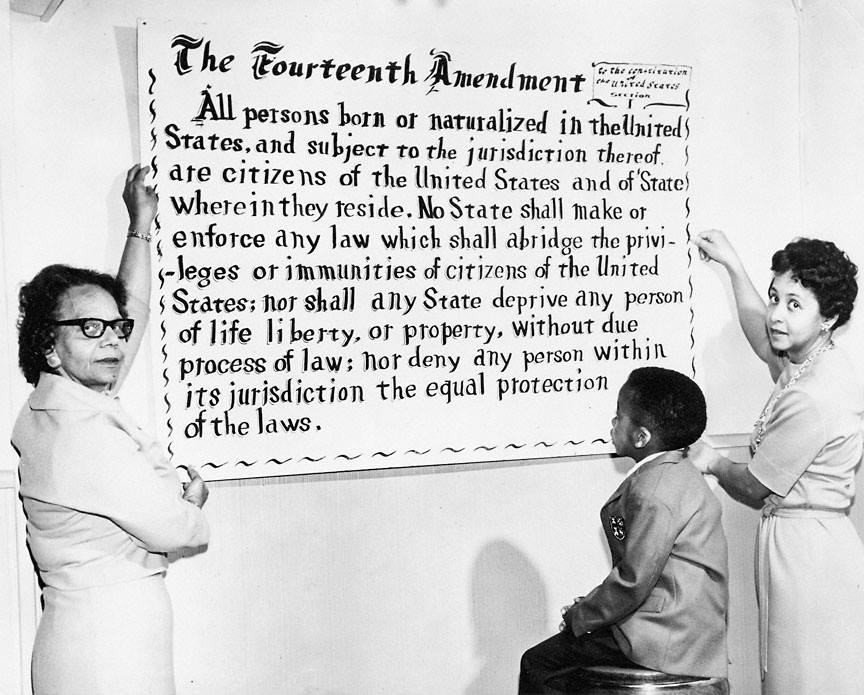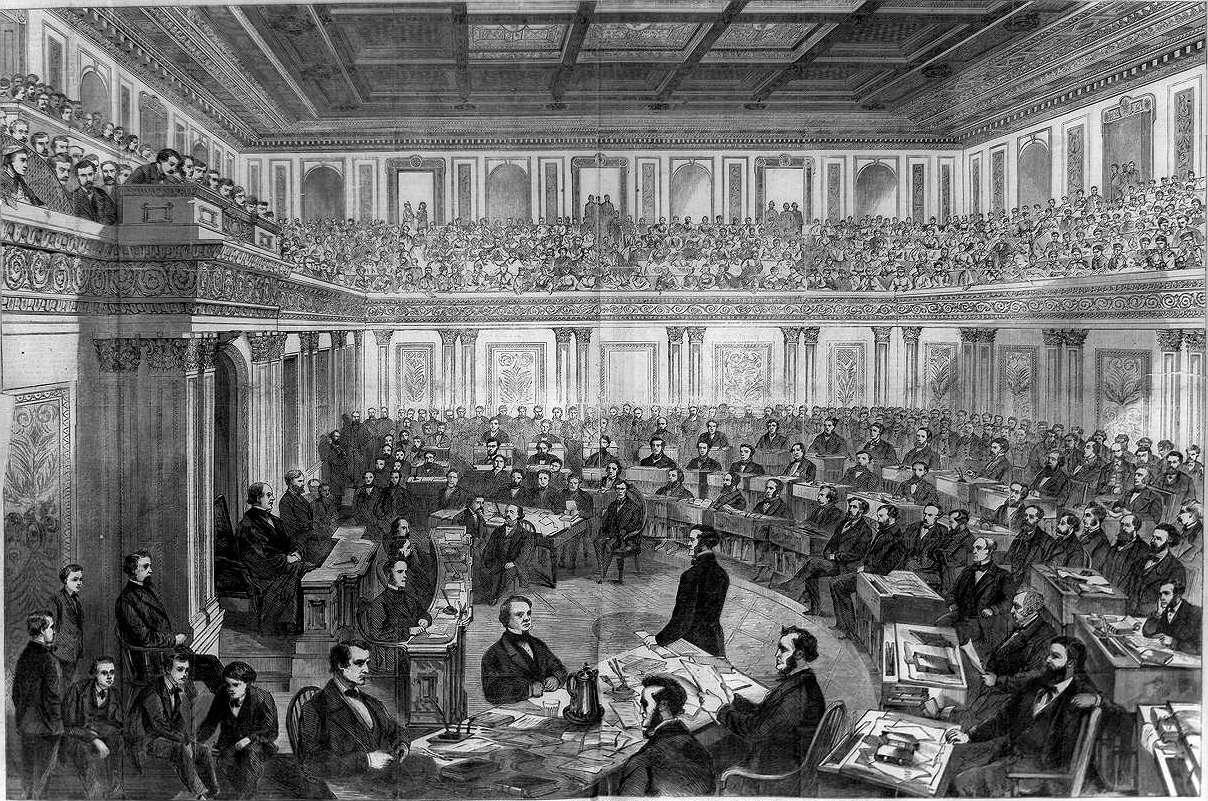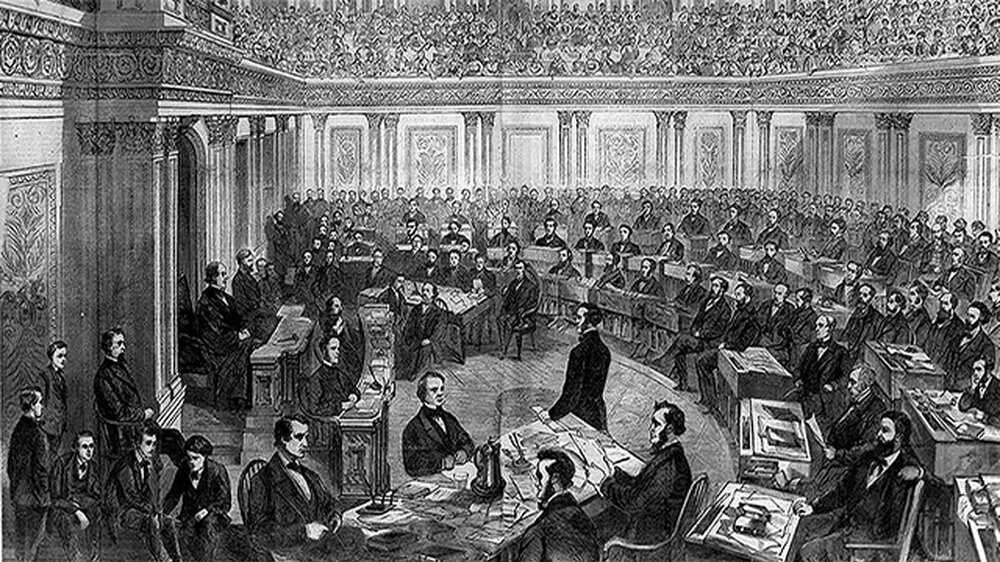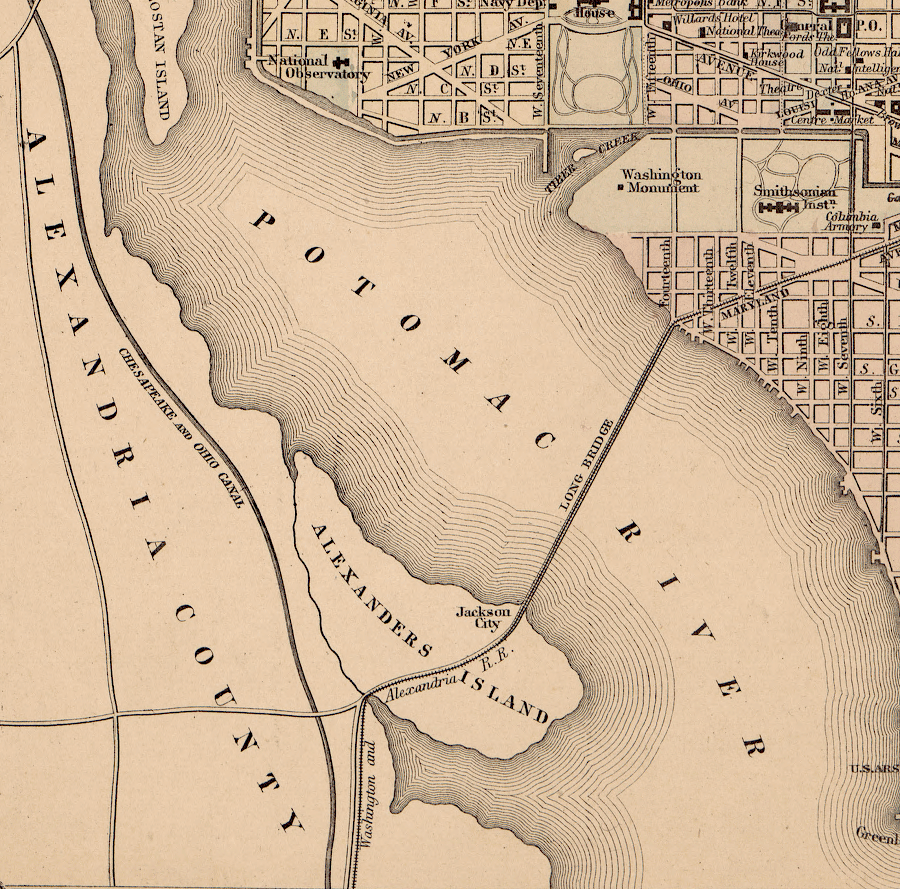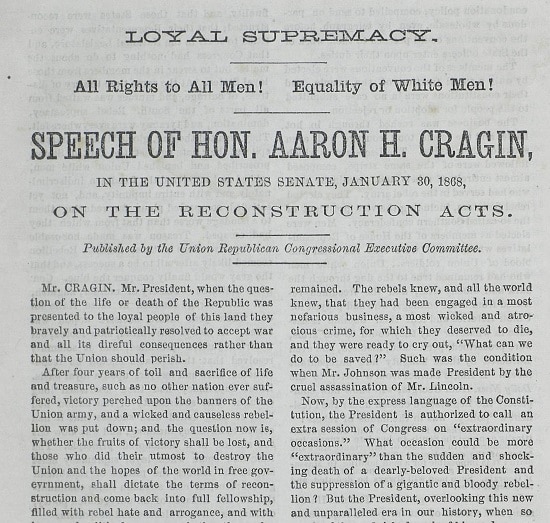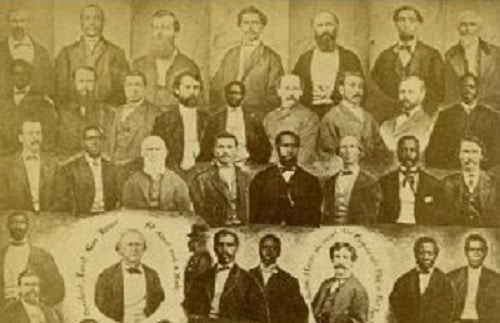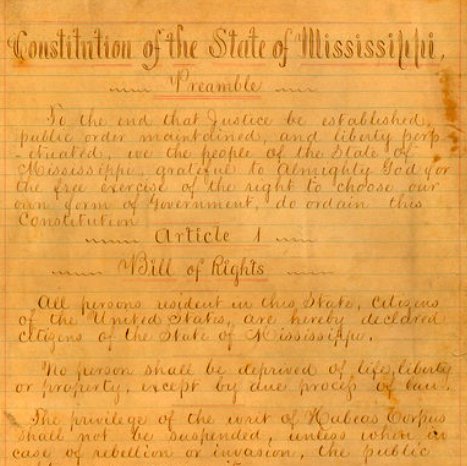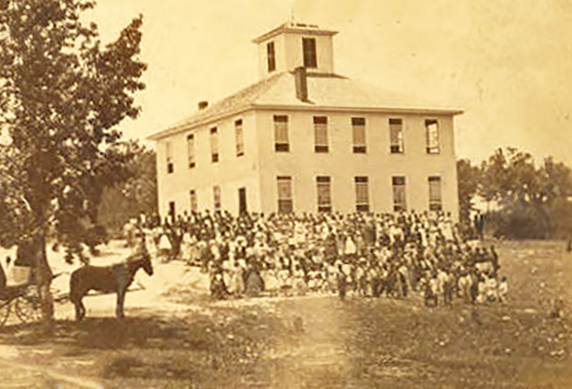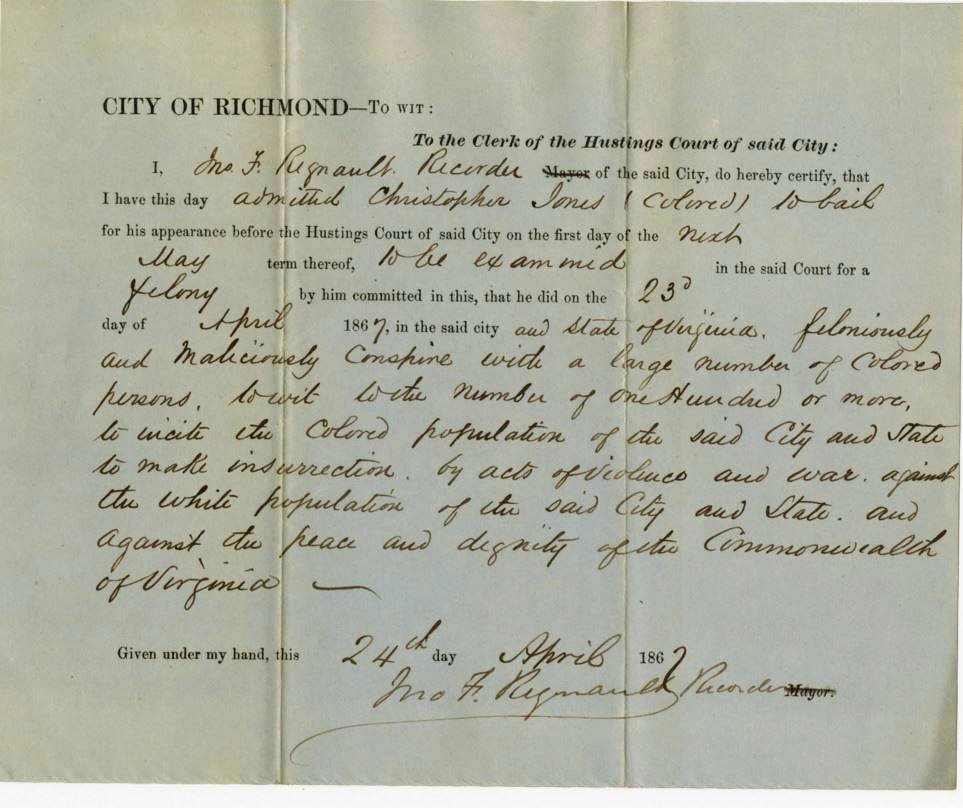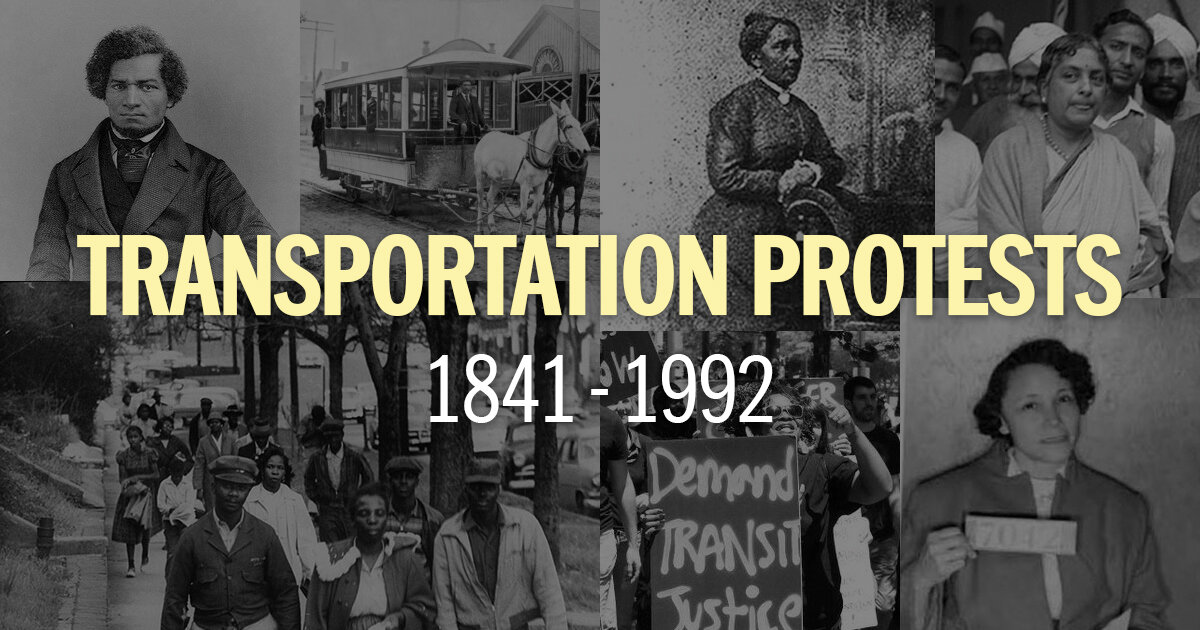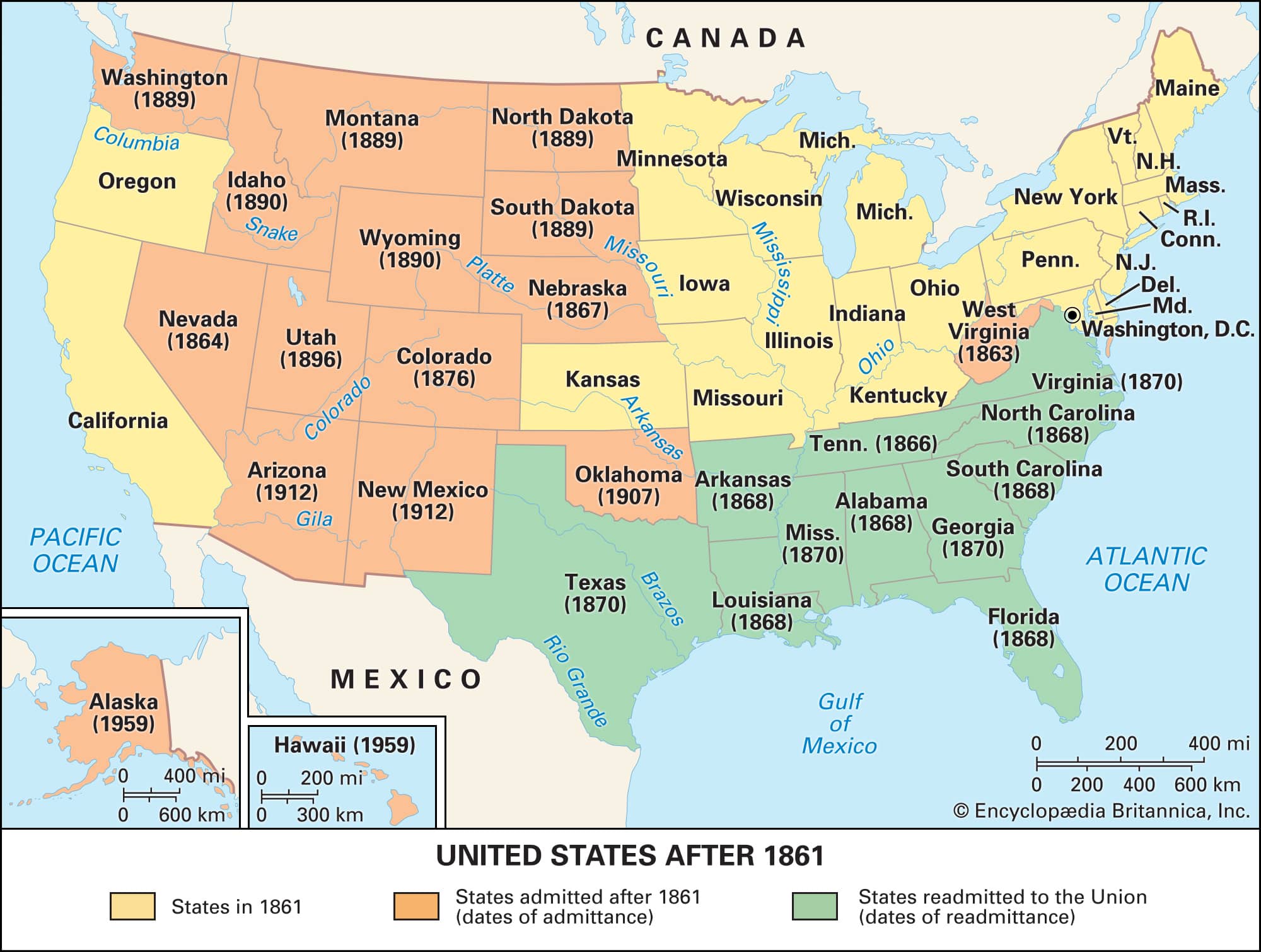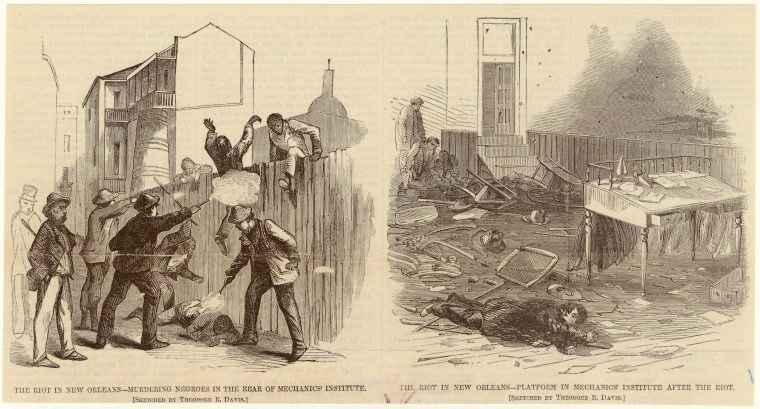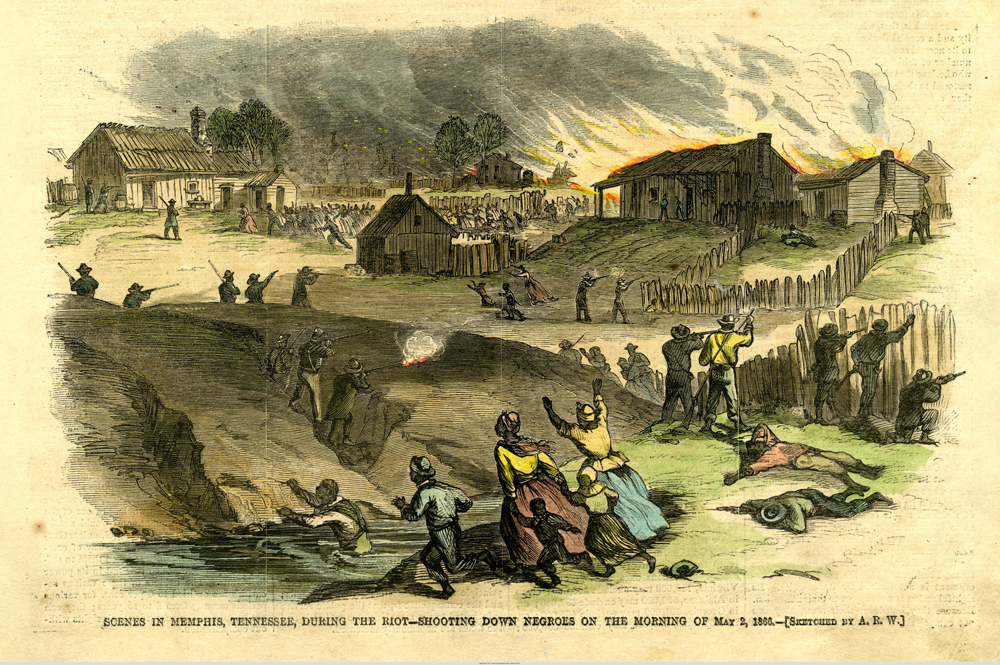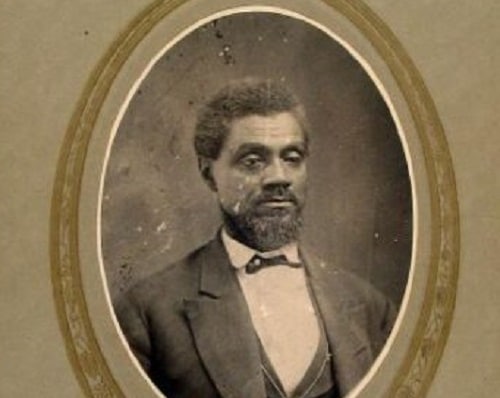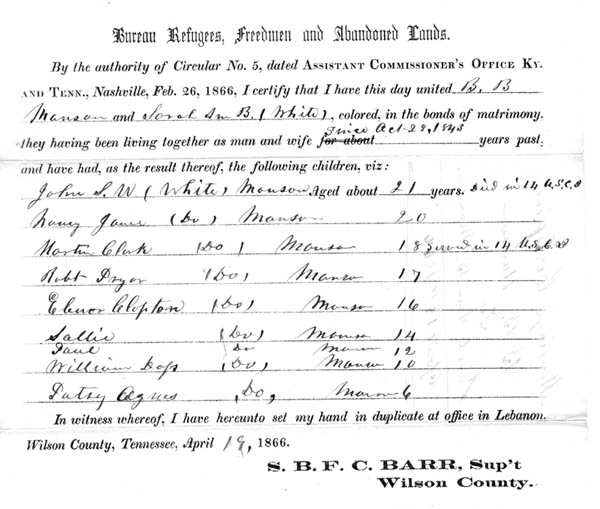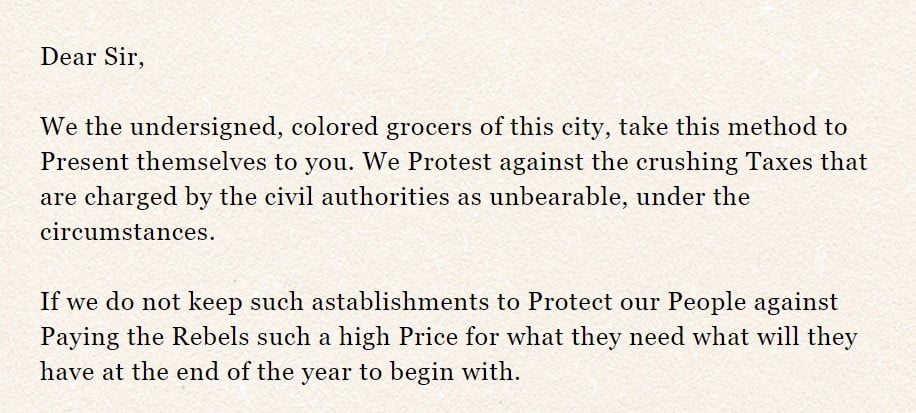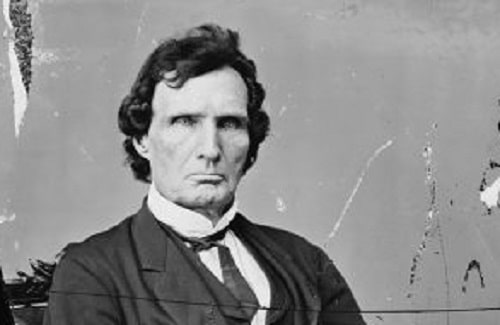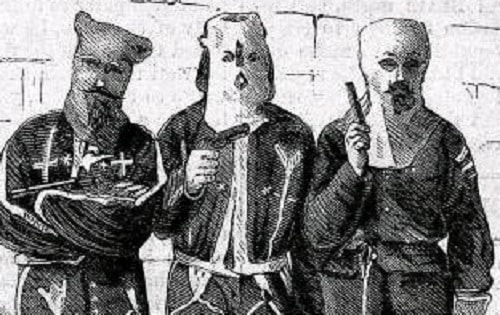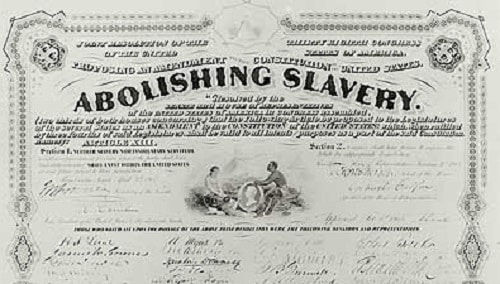The St. Bernard Parish massacre of African Americans was carried out by white men to terrorize the recently emancipated voters in Louisiana.
Continue reading
In response to the promotion of voter registration, a KKK-like group massacred hundreds of people, most of whom were African American.
Continue reading
As African Americans marched peacefully in response to their expulsion from elected office, more than a dozen were massacred near Albany, Georgia.
Continue reading
Henry McNeal Turner addressed the Georgia Legislature on its decision to expel all Black representatives.
Continue reading
The Fourteenth Amendment to the United States Constitution was adopted.
Continue reading
The impeachment trial of President Andrew Johnson began in the Senate.
Continue reading
President Andrew Johnson was impeached by the House of Representatives.
Continue reading
An employee of the U.S. Senate, Kate Brown found political support from Sen. Charles Sumner and others in Congress when she was violently removed from the ladies' car, which was segregated illegally.
Continue reading
U.S. Senator Cragin spoke against delaying the expansion of suffrage. He countered the statements by white Democrats, saying the real reason they were opposed to Black suffrage was because they could not control the votes.
Continue reading
The South Carolina constitutional convention met with a majority of Black delegates, adopting a constitution that provided for all people regardless of race, economic class, or gender.
Continue reading
The Mississippi Constitution was one of the first pieces of legislation that provided a uniform system of free public education for children regardless of race.
Continue reading
The Georgia Constitutional Convention was held with 33 African Americans and 137 white attendees.
Continue reading
Delegates gathered in Montgomery, Alabama, to draft a new state constitution during Reconstruction.
Continue reading
African Americans in Richmond, Virginia organized protests against segregated streetcars.
Continue reading
Staged ride-ins during Reconstruction in South Carolina were among the first (recorded) organized protests of segregation on a streetcar.
Continue reading
Congress overrode President Andrew Johnson’s veto and passed the first of four statutes known as the Reconstruction Acts, which outlined the process of readmission to the Union.
Continue reading
The New Orleans Massacre occurred when white residents attacked Black marchers near the reconvened Louisiana Constitutional Convention.
Continue reading
White civilians and police killed 46 African Americans and injured many more while burning houses, schools, and churches in Memphis, Tennessee.
Continue reading
William Beverly Nash and several others asked the federal government to intervene to ensure equal medical treatment for all.
Continue reading
Benjamin Berry Manson and Sarah Ann Benton White, formerly enslaved in Tennessee, receive an official marriage certificate from the Freedmen’s Bureau.
Continue reading
Robert Williams and other Black grocers wrote a letter to the Florida Freedmen’s Bureau calling for an end to high taxes levied against them to support former Confederates.
Continue reading
Congressman Thaddeus Stevens offered an amendment to the Freedmen's Bureau Bill to authorize the distribution of public land.
Continue reading
The 13th Amendment to the U.S. Constitution officially ended the institution of slavery.
Continue reading
Shaw University was established as a co-ed campus with support from private donors and the Bureau of Refugees, Freedmen and Abandoned Lands. It is the second oldest HBCU in the South.
Continue reading

